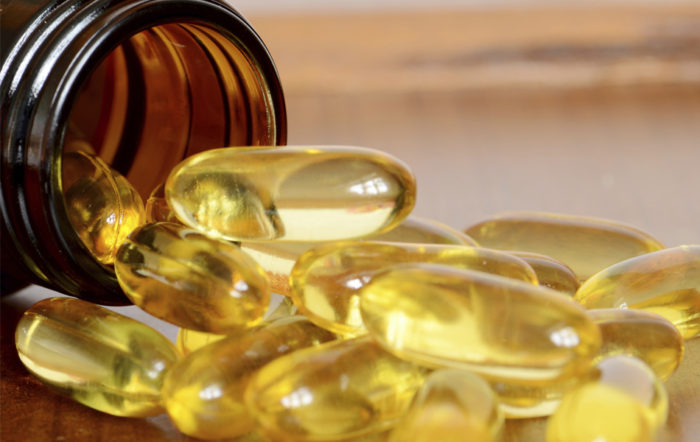Vitamin E raises prostate cancer risk
High-dose vitamin E supplements increase the risk of prostate cancer, results of a large clinical trial show

Washington University School of Medicine is part of a new study that shows vitamin E supplements increases prostate cancer risk.
More than 35,000 men age 50 and older were enrolled in a new study to determine whether selenium and vitamin E, either alone or in combination, can lower a man’s risk for prostate cancer. The study is based on an updated review of data from the Selenium and Vitamin E Cancer Prevention Trial (SELECT).
Among the men who took high-dose vitamin E daily, the researchers found a 17 percent increase in prostate cancer, compared with men who took a placebo. “It’s very clear that high-dose vitamin E does not lower the risk of prostate cancer and, in fact, carries real risks for some men,” says Gerald Andriole Jr., MD, chief of urologic surgery at Barnes-Jewish Hospital. “For these reasons, men in the general population should not take high doses of vitamin E to promote prostate health.”
Updated trial results
The Siteman Cancer Center at Barnes-Jewish Hospital and Washington University School of Medicine was one of 400 clinical sites for the trial, which ended in 2008, when a review of the data showed that the dietary supplements did not reduce the risk of prostate cancer. At that time, there was a small increase in the risk of prostate cancer among men taking vitamin E, but it was not statistically significant. The newly published study takes into account three additional years of followup.
The dose being studied was 200 micrograms of selenium and 400 international units of vitamin E. By comparison, most multivitamins contain about 50 micrograms of selenium and 30 to 200 international units of vitamin E.






